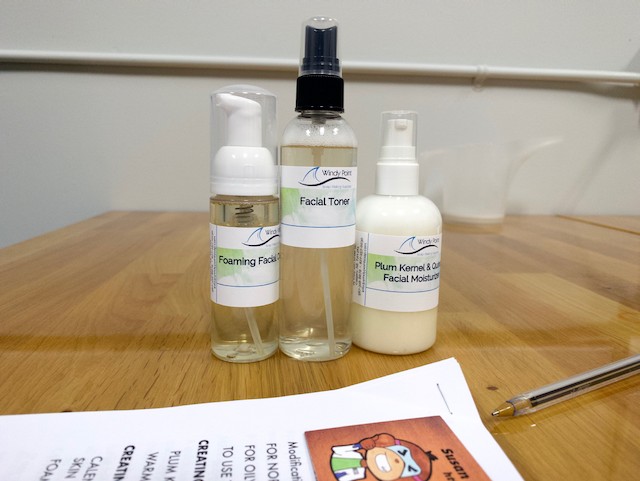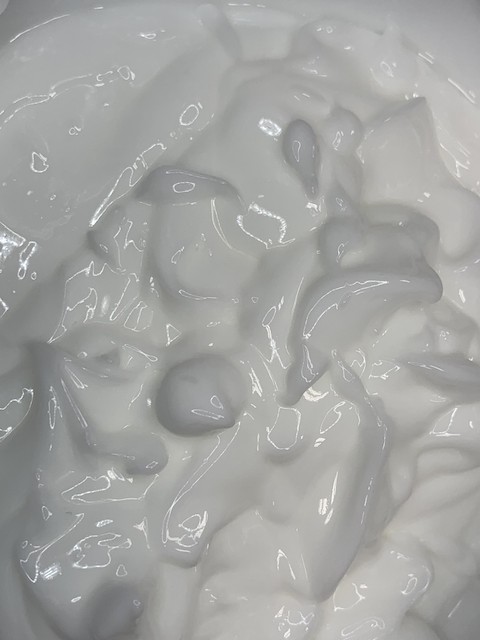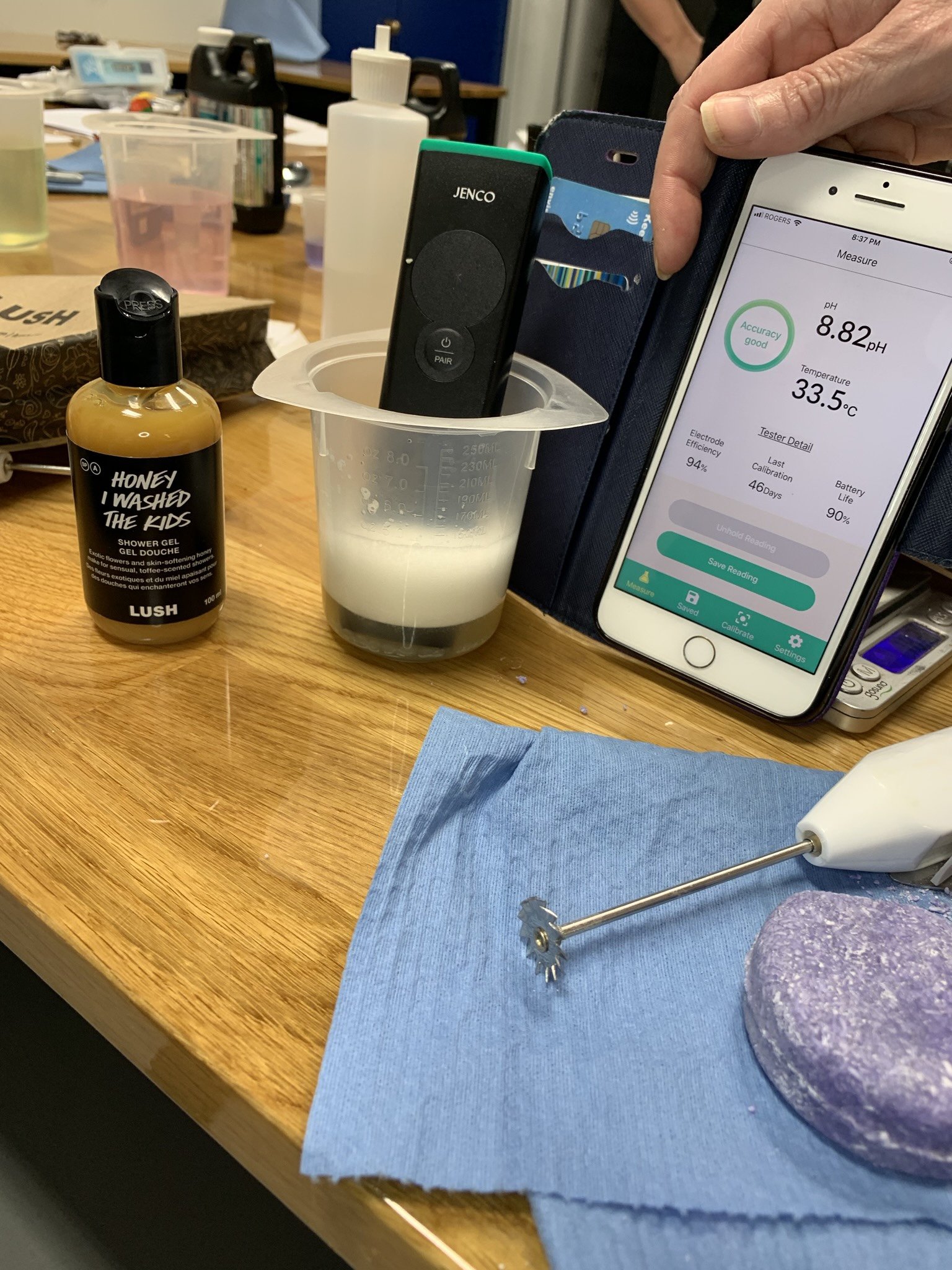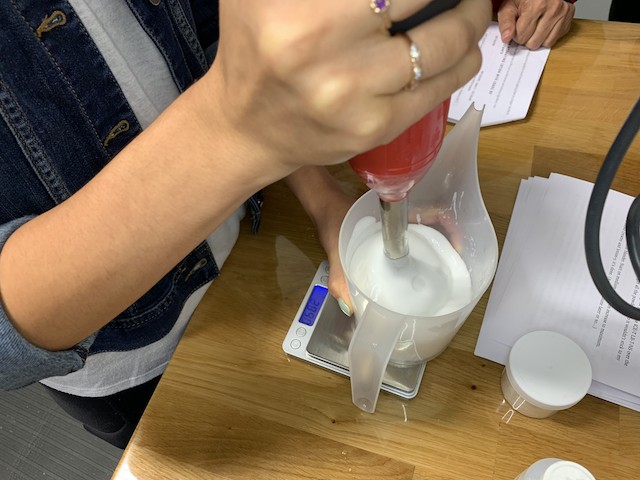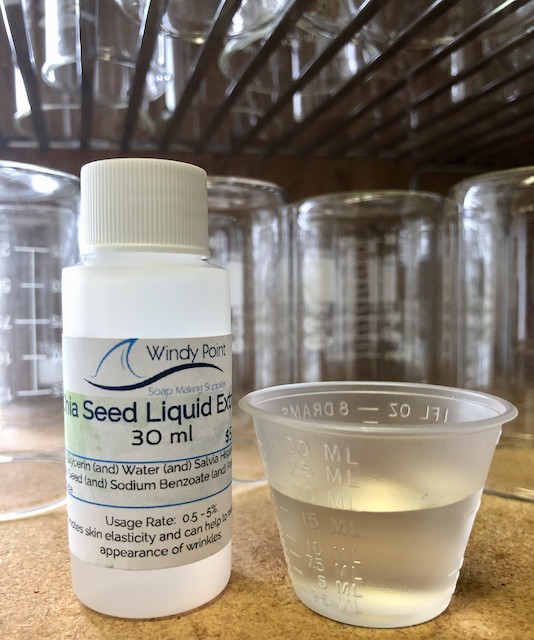Foamy, bubbly, lathery surfactants: Creating a foaming facial cleanser with Iselux Ultra Mild
I’m having such great fun teaching at Windy Point Soap Making Supplies in Calgary this week! We have one class left today – premium facial care – and then we leave for home tomorrow. I’ve been having so much fun playing with all these various ingredients so I’m still super busy, but I wanted to share a few...

